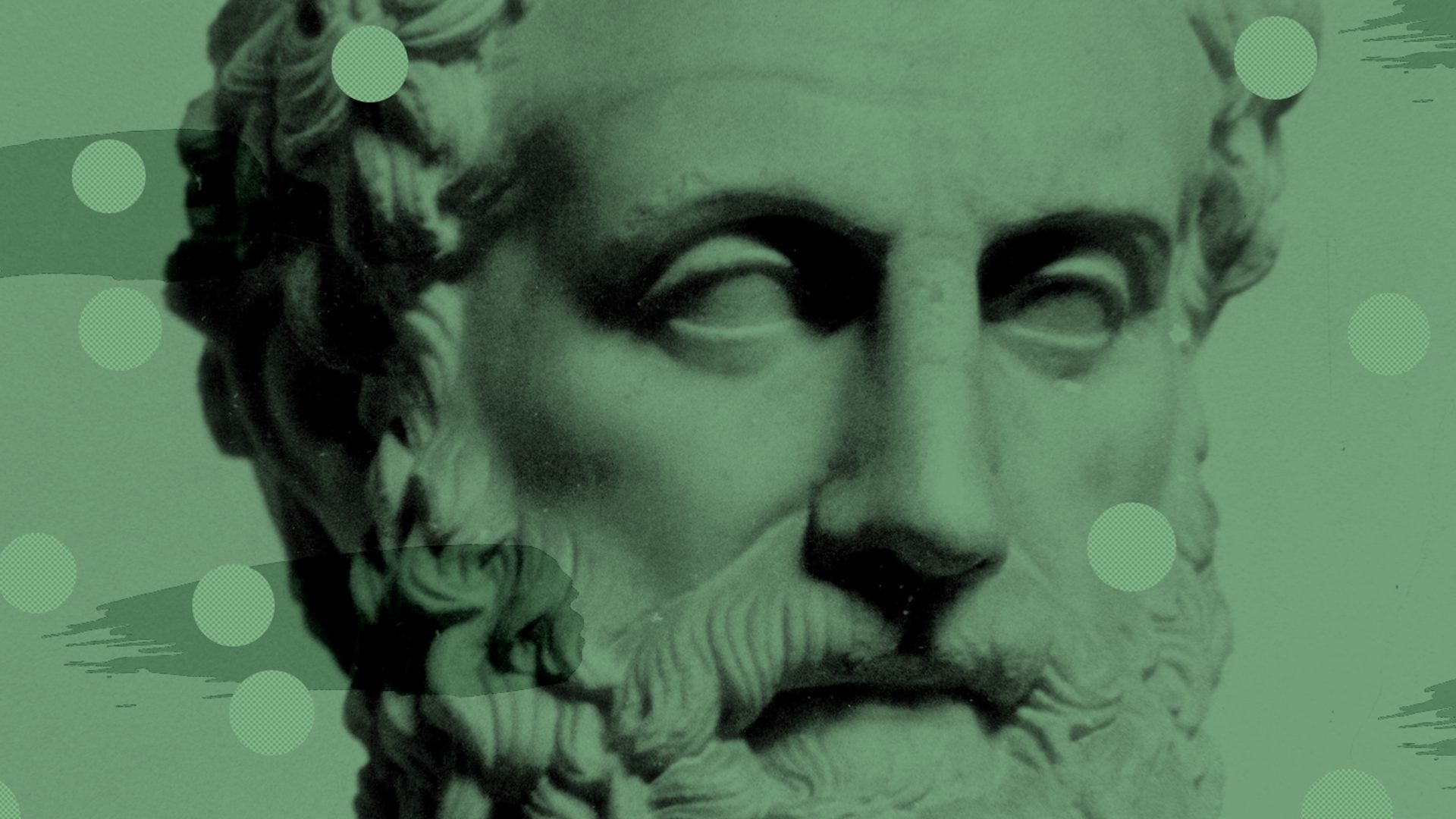Whatever the outcome in Ukraine, the bravery of its people in the face of the Russian invasion will endure. Volodymyr Zelensky’s refusal to leave Kyiv with the words “The fight is here; I need anti-tank ammo, not a ride” and the Snake Island defenders’ “Russian military ship, go fuck yourself” will outlast Vladimir Putin’s outbursts about cleansing Ukraine of Nazis.
But these are just two examples of defiant individuals standing up to aggression despite a high risk of death. Zelensky knows he and his family are prime targets for assassination but shows no sign of wavering. Far from it.
His bravery is contagious, and millions of Ukrainians have been inspired by it to arm themselves and fight the invaders. Unlike Putin, Zelensky will be remembered for centuries as a true hero who put his country first when it was under its greatest threat. So will many of his compatriots.
Aristotle’s discussion of bravery in his book The Nicomachean Ethics could have been written to illuminate the actions of people who stand in front of tanks or face a better-equipped enemy after just a few days training with an AK-47. The context for what Aristotle wrote is his wider interest in the virtues.
For Aristotle, morality is about cultivating the virtues. He claimed that every virtue lies somewhere between two extremes – this is known as his doctrine of the mean. The virtue of generosity, for example, lies between profligacy (where you throw your money around) and stinginess (where you cling to it). Bravery is also a mean: it lies between recklessness and cowardice.
The paradigm case of bravery for Aristotle is bravery in war. Other uses of the adjective ‘brave’ are for the most part secondary, and not necessarily applied to truly brave people.
Bravery is intimately connected with fear, fear of injury, and especially fear of death. If you don’t feel any fear at all when facing an enemy in war, you are probably inhuman or perhaps deranged, with no firm grip on reality and danger.
The point is that brave people manage to control their all too human fear for a higher end.
Sometimes people use the word ‘brave’ to describe people who act with no fear about reputation. In the present context, Putin seems fearless about triggering or even starting a nuclear war, but that does not make him brave in Aristotle’s sense. He is shameless because he seems incapable of feeling disgrace at what he might be responsible for unleashing.
To understand the nature of bravery, Aristotle thought, we need to focus on the motives from which people act, not just what they appear to do. Brave people stand firm because that is a fine thing to do, and because to do otherwise would be shameful. This is very different from being forced to fight, as many conscripts in the Russian army have been.
Standing firm because otherwise you will be shot as a deserter is not true bravery, though it may superficially resemble it. Aristotle mentions Hector threatening anyone who shrank from battle with death. In war some things don’t change.
Bravery is remaining in your city and resisting the invaders even though you could flee or choose not to fight. Aristotle even discusses how, though they may not be as well-trained as professional soldiers, citizen troops very often show remarkable bravery, standing firm and getting killed because it would be shameful for them to run away simply to save their own lives, and because for them a defiant death is a better choice than self-preservation.
Aristotle also distinguished brave people from those who act only from animal passion, a rush of emotion, anger of desire for revenge, and the like.
Bravery isn’t just fighting from passion, though it channels that and builds on it. Rather it is standing up to the invader from fine motives rather than from an unthinking emotional reaction, or from a desire to punish those who have hurt you or are an obstacle for you. Bravery of course involves emotions and is fuelled by them, but ultimately it must come from good motives to deserve the name.
Ukraine, it seems, is full of brave people in this Aristotelian sense, people whose motives are noble, and whose resolve is strong. Putin might invade and occupy this country, but he will never subjugate those who, though they are afraid, will stand up and defend their families, their homes, justice, and democracy itself, or else go down fighting for what they hold most dear.



